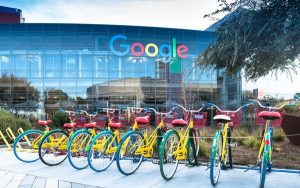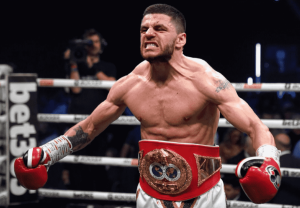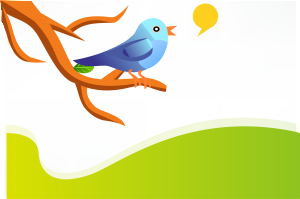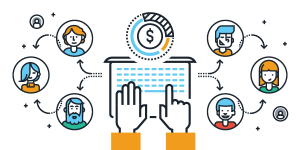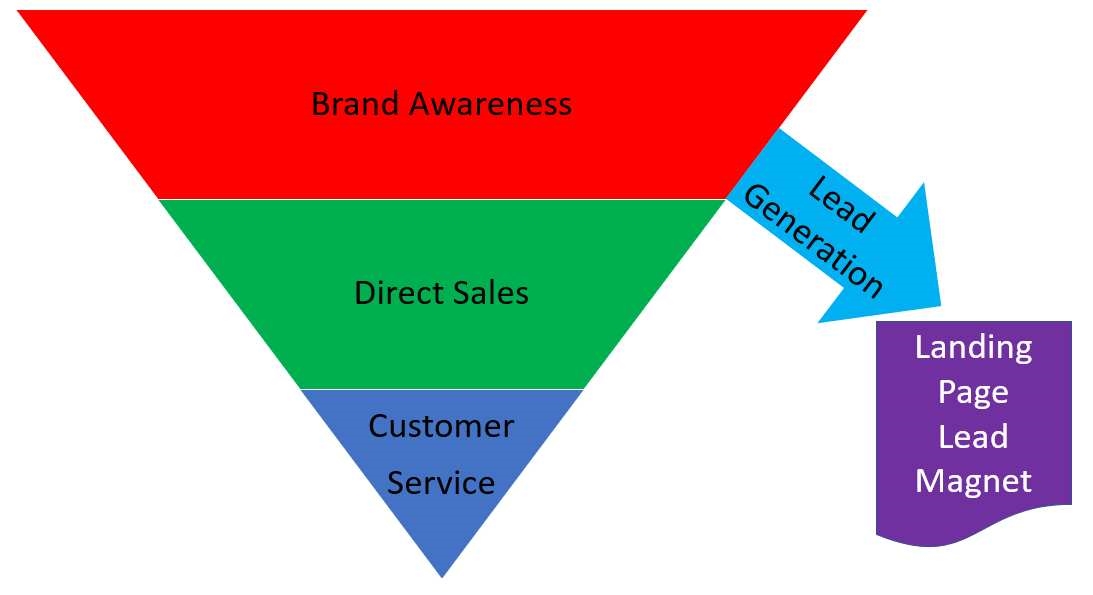
Facebook can get your brand in front of people so you can share your story and value proposition. For most businesses, there is a basic four-part Facebook Marketing Sales Funnel.
Basic Facebook Marketing Sales Funnel
1, Brand Awareness
This is where you post engaging and shareable content, such as blog posts, videos, infographics, and funny memes, with the goal to place your brand in front of your audience and earn a reaction to make them a fan. The content you provide doesn’t have to be something that your business produced. It could be content that you saw and shared on your Facebook page’s timeline. The goal of brand awareness with Facebook marketing is to receive engagement in the form of Likes, Comments/Replies, and Shares on the content that was provided on the business’s Facebook Page so a user becomes a fan. Once a user engages with your content, they are essentially giving Facebook permission to place your content in their news feed.
2, Lead Generation
This is where you turn a fan into a lead with a lead magnet. Since renting access to Facebook’s users via paid ads can get expensive, a popular lead generation strategy is employing a lead magnet. A lead magnet is where you offer the user something of value for free in exchange for their email. By inducing the user to give you their email, you are converting the fan- which Facebook owns and you rent access to– into a lead that you own and no longer have to pay Facebook to gain access to in the future.
3, Direct Sale
This is where you re-target fans with promotions to make a direct purchase using the Facebook platform. Since Facebook prefers to keep the user on the Facebook platform, they de-emphasize organic link posts that take the user to your website homepage or landing page, including pages designed to be lead magnets for lead generation. Of course, paid link posts will get through to your user’s news feed. Facebook will prioritize direct sales over posts that include a link to take the user off the Facebook platform,- such as the call to action (CTA) button so users can send you a message using Facebook Messenger/WhatApp or that will send users to your Facebook shop page.
4, Customer Service
This is where you provide customers who have bought from you in the past a reason to share their experience with their network by providing excellent customer service, answering questions, and providing upsell opportunities to move them up your value ladder.
One of the biggest mistakes I see is where the business ignores the Facebook marketing sales funnel and buys a Facebook Cost-Per-Click (CPC) ad to send the user directly to an off-platform promotional/sales landing page trying to get a sale. Such a strategy is like flushing money down the toilet. The problem with this strategy is fourfold.
- The user is often unaware of your brand or reputation. According to an episerver report, 92% of first-time visitors to a website abandon their online purchases because they are unlikely to exchange money for any promotion if the brand has not already established a level of trust with them.
- The business does not own the lead at this point and must pay Facebook each time it wants to get its content in front of a prospective user.
- Cost-per-Click (CPC) ads cost more than cost-per-impression (CPM) ads. If the CPC ad caused the user to go to your sales page, but the user was not yet ready to buy and leaves… you have lost them, yet you still end up paying for the higher-priced ad.
- Facebook wants users to remain on the Facebook platform, so it de-emphasizes any action that will take the user off the Facebook platform.
Facebook Marketing Sales Funnel in Action
A better way to leverage the power of the Facebook marketing sales funnel is to use the less expensive CPM ads to build brand awareness first. Your goal with this first step is just to get the user to engage with your ad- which could be a cute meme or other content to drive engagement- and therefore make the user a fan of your business page.
By becoming a fan, they give Facebook permission to place future organic content to appear on the user’s news feed. Remember- there are three levels of Facebook engagement Likes, Comments/Replies, and Shares.

For example, I created an engagement ad with the above meme and targeted women. My budget was a lifetime total of $ 10 spread over just 2 days. The ad reached a total of 1,532 people and produced 128 post Likes, 4 post Comments and 29 post Shares. That is about 1 in every 10 people that saw the ad engaged with it.
Once a person likes one of your posts you can hover of the likes and invite each person to like your business page at no additional cost.
Once the user becomes a fan, you can re-target them with a CPM or CPC ad to send them to your lead magnet page where you can capture their email with a free offer so that future marketing will cost you nothing.
Alternatively, based on the level of engagement with your brand awareness content (Shares have more value than Likes), you can simply post your organic lead magnet on your business page timeline and hope your fans will bite.
Most consumers are conditioned to want something of value for nothing. Therefore, giving something away for free will result in a much higher conversation rate, and also builds reciprocity and trust in your brand.
Once a user is a fan and they visit your businesses Facebook page, you can encourage the user to visit your Facebook store with a CTA button so you can make a direct sale, or allow them to message you using Facebook messenger to learn more about what you offer and drive them up your value ladder.
How can you leverage the basic Facebook marketing sales funnel for your business?
I would like to acknowledge Andrea Palten for her gracious assistance as a reviewer to make sure that all the content in the post was accurate.
Digital & Social Articles on Business 2 Community
(31)
Report Post

